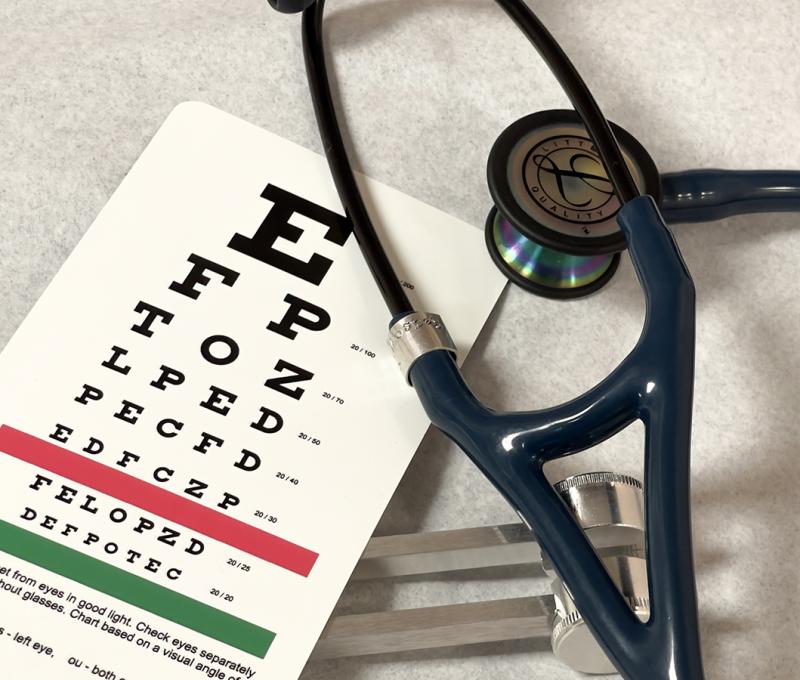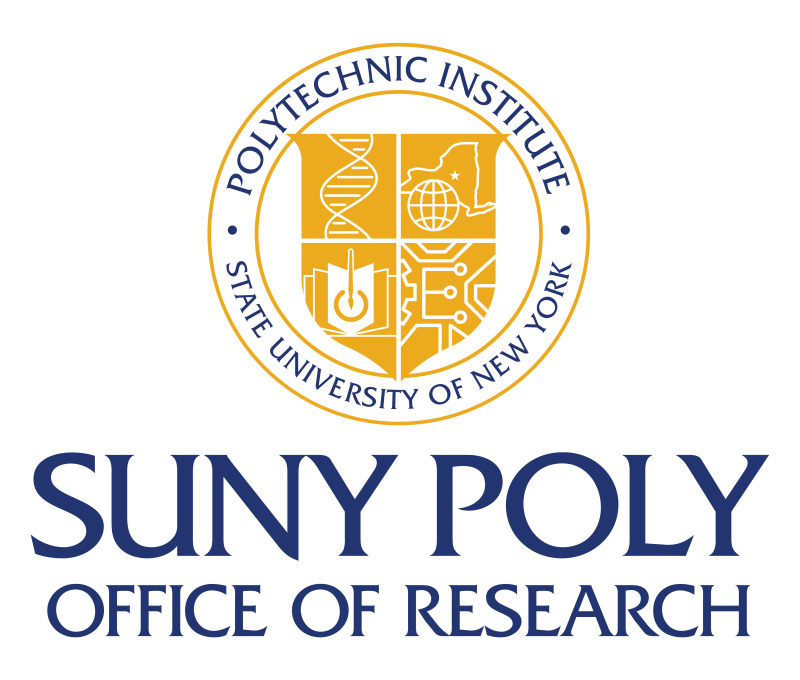SUNY Poly Startup HocusLocus Receives Wave of Federal Grants Topping $1M for Continued Development and Commercialization of ‘Genetic Switch’ Technology

For Release: Immediate – July 10, 2015 Contact: Jerry Gretzinger, Vice President of Strategic Communications and Public Relations (518) 956-7359 | jgretzinger@sunycnse.com
SUNY Poly Startup HocusLocus Receives Wave of Federal Grants Topping $1M for Continued Development and Commercialization of ‘Genetic Switch’ Technology
Latest Round of National Funding Supports RNA-Based ‘Switch’ to Improve Stem Cell Expression and Fight Viruses Such as HIV, Ebola and Dengue
Associate Professor of Nanobioscience Dr. Scott Tenenbaum continues development of the RNA-based switch technology, called sxRNA, in his lab at SUNY Poly CNSE’s nanotech complex in Albany, NY. The technology can be used to either enable targeted cells to develop properly or cause them to self-destruct.[/caption]
ALBANY, NY – As a testament to Governor Andrew M. Cuomo’s strategic vision for building and empowering New York State’s high-tech research and development ecosystem, SUNY Polytechnic Institute’s Colleges of Nanoscale Science and Engineering (SUNY Poly CNSE) today announced that biotech startup HocusLocus, LLC, in partnership with the SUNY Poly CNSE NanoCollege, has now been awarded over $1 million from the National Institutes of Health (NIH) and National Science Foundation (NSF) for the further research, development, and commercialization of an RNA-based platform technology. By applying the principles of how transistors work to RNA, pioneering researchers at both SUNY Poly CNSE and HocusLocus have figured out how to switch “ON” or “OFF” specific gene expression, enabling, for example, a more targeted and effective approach to the treatment of diseases such as HIV, Ebola, and dengue, or the ability to efficiently guide stem cells toward development without complications.
“Governor Andrew M. Cuomo’s pioneering model for New York State’s innovation economy is spurring exciting collaborative research efforts that, in this case, could improve the lives of millions of people impacted by a wide range of diseases,” said SUNY Poly President and CEO Dr. Alain Kaloyeros. “The awards from the National Institutes of Health and National Science Foundation are a strong endorsement of the game changing work being done by SUNY Poly CNSE and HocusLocus researchers, as well as the governor’s leadership in driving economic development through innovation.”
“HocusLocus is thrilled to receive these grants, which are made possible by our partnership with SUNY Poly CNSE and the access it provides us to the institution’s unmatched nanobioscience-focused laboratories,” said CEO of HocusLocus Ted Eveleth. “These grants recognize the importance of our collaborative research efforts as they lead to potential breakthrough applications that we look forward to bringing to market in order to offer an improved approach to the encouraging stem cell field and the means to transform how we treat such devastating viral diseases such as HIV, Ebola, and dengue.”
The NSF and NIH Small Business Technology Transfer (STTR) program funding consists of four grants that will drive the further development and application of the RNA-based switch, called “sxRNA,” and enhance and support the research being conducted by HocusLocus and SUNY Poly CNSE faculty, staff, and students. Technology co-inventor and Associate Professor of Nanobioscience Dr. Scott Tenenbaum leads the research team with co-inventor and Bioinformaticist Frank Doyle. The platform technology they developed is essentially an organic molecule transistor that exploits a novel regulatory mechanism in order to make an RNA molecule work or not, allowing for the selective expression of proteins in specific cells. This either permits the cell to develop properly or causes it to self-destruct.
The first NIH grant for $225,000, which was previously announced, will enable application of the technology to human health by targeting specific viruses to switch certain genes “ON” or “OFF” so as to cause the death of virally infected cells. This laser-like approach is being developed in partnership with SUNY Stony Brook, and it could also help to minimize the side effects that often result from current treatments, which can destroy a variety of uninfected cells. A second NIH grant for $225,000 will enable the sxRNA to be applied to stem cells, whereby the switch can help to ensure homogenous stem cell expression as the stem cells mature and exhibit a more specific function, eliminating wayward cells that can lead to tumors, for example. A third NIH award for $410,000 will support further basic research into the incredible potential of sxRNA as a platform technology. In addition, a $225,000 NSF grant has been awarded for the biomanufacture of the RNA switch technology to assist with bringing the platform to market.
“SUNY Poly CNSE offers powerful capabilities for companies such as HocusLocus, and with this most recent funding from the NIH, we are eager to continue our collaboration to assist the company as they bring this promising RNA-centered technology to market in the hopes of providing novel solutions to critical health problems that are affecting countless people around the world,” said Dr. Tenenbaum. “This funding is proof that Governor Andrew Cuomo’s investments in New York State’s 21st century economy are having a tangible impact as SUNY Poly CNSE’s incredible resources are utilized to create a revolutionary approach to the critical issue of improving human health outcomes. In the near future, we look forward to taking advantage of the Start-UP NY program as this truly home-grown, SUNY technology is spun out, creating new jobs and growing to its full potential.”
HocusLocus, anchored at SUNY Poly CNSE’s $20 billion Albany NanoTech Complex, is an RNA-based therapeutic/molecular tool company that has previously been awarded significant funding through the SUNY Technology Accelerator Fund (TAF) and the University at Buffalo Center for Advanced Biomedical and Bioengineering Technology (UB CAT). HocusLocus has also previously received grants from federal agencies, including the NIH. As announced by Governor Andrew Cuomo in 2013, the company received funding from the Eastern New York Angels, a member managed fund which provides seed funding to early stage companies in the Eastern New York region.








